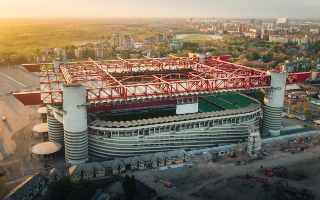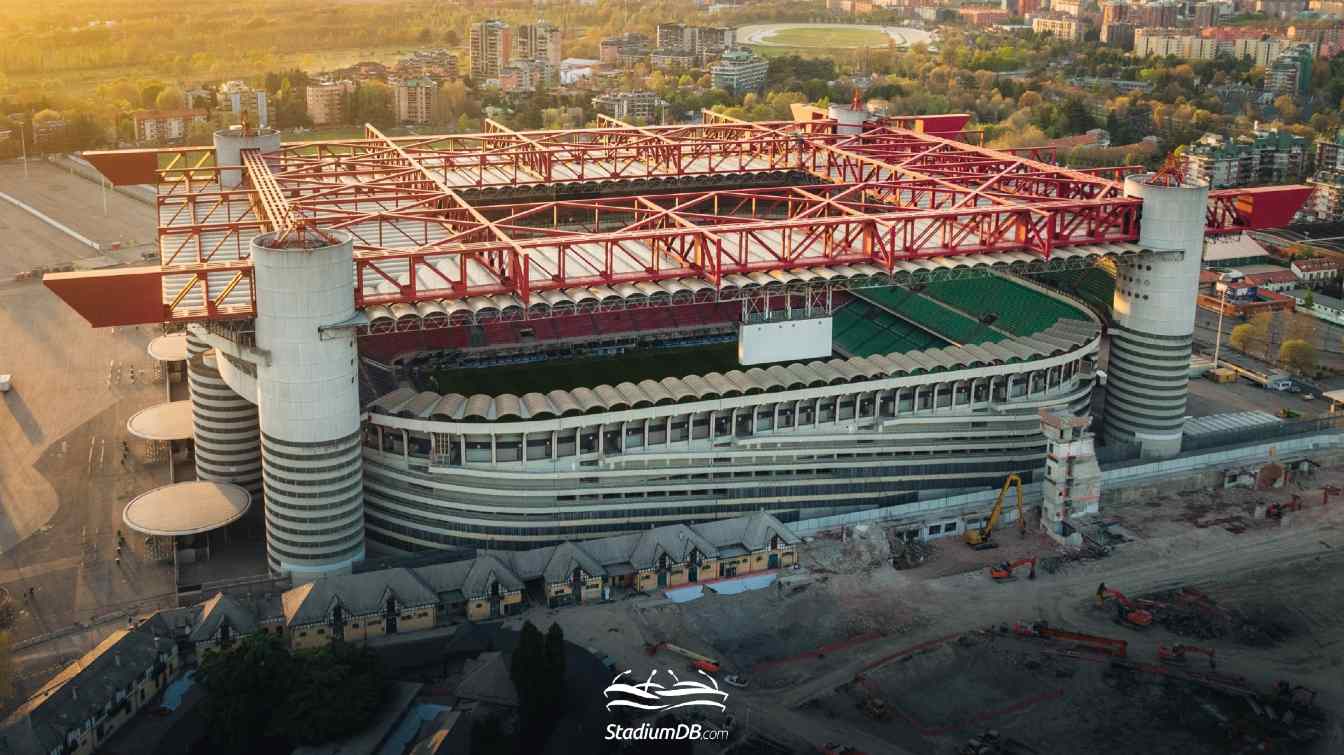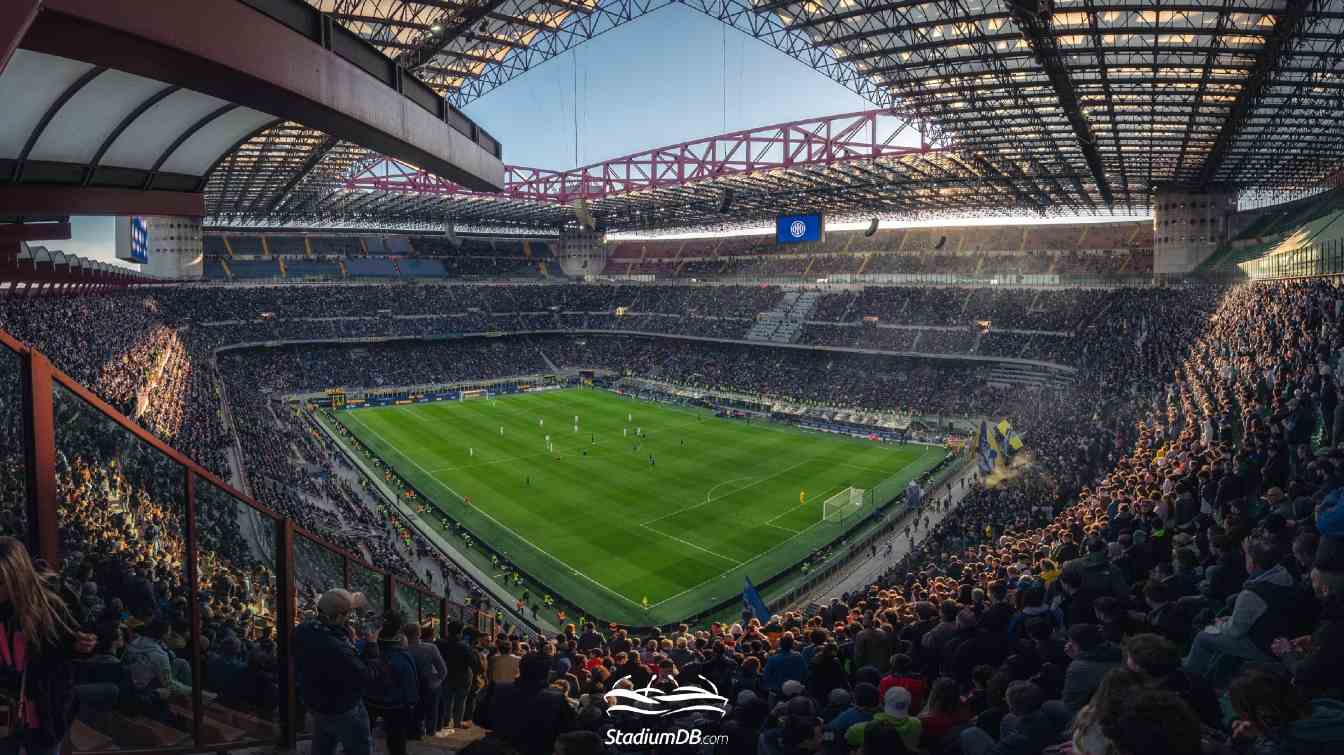Italy: New stadium in Milan – government requirements and cautious clubs strategy
source: StadiumDB.com; author: Paulina Skóra
 The project to build a new stadium is entering a decisive phase, but it is still far from becoming reality. Inter and Milan, who currently share the legendary Giuseppe Meazza stadium, face a number of challenges—both formal and strategic—before the new arena can come to life.
The project to build a new stadium is entering a decisive phase, but it is still far from becoming reality. Inter and Milan, who currently share the legendary Giuseppe Meazza stadium, face a number of challenges—both formal and strategic—before the new arena can come to life.
Advertisement
Technical, environmental, and social requirements
During the preliminary Conference of Services, the Milan city authorities raised several concerns about the project presented by the clubs. One of the key demands was the need to increase the proportion of actual green spaces instead of relying on greenery on rooftops or overpasses. Authorities are also calling for greater efforts to ensure affordable ticket pricing across all social groups and a guarantee that a portion of stadium seats will be reserved for lower-income fans.
Legal concerns were also noted. Since both clubs are currently owned by American investment funds, the city is requesting legal safeguards in case of ownership changes during the development. For this reason, city councillors have commissioned a legal review regarding the possible purchase of the entire San Siro area.
Urban issues and lack of specifics
From a technical standpoint, the project still lacks many crucial details, such as the total investment cost, demolition and cleanup expenses, and traffic analysis. The planned hotel is also raising eyebrows, as its current proposed location may interfere with historical buildings of the former de Montel stables. Another concern is that the project focuses only on the immediate area surrounding the stadium, neglecting the adjacent neighborhoods. Additionally, the commercial use of space around the stadium remains unclear, particularly whether the proposed stores will meet the standards of large-scale retail structures.
Club strategy: buy first, design later
In the meantime, Milan and Inter have shifted their strategy. Instead of presenting a detailed architectural plan, they are now focusing on finalizing the purchase of the San Siro and the surrounding lots from the city—expected by July 31, 2025. Only after the transaction is complete do they plan to reveal the final stadium design, which is expected to have a capacity of 71,500 seats. According to Milan’s mayor Giuseppe Sala, the design could be unveiled before the end of 2025—provided the parties reach an agreement.
Another unresolved issue is the financing of the groundworks and land remediation. It is still unclear whether the city, the clubs, or both parties will cover these costs. Although Mayor Sala does not consider this the most critical issue in the negotiations, he emphasizes that reaching an agreement will be essential for the project to move forward.
One positive aspect is that the planned increased capacity aims to allow for more affordable ticket options, which meets one of the city’s key conditions.
Advertisement
 StadiumDB
StadiumDB
